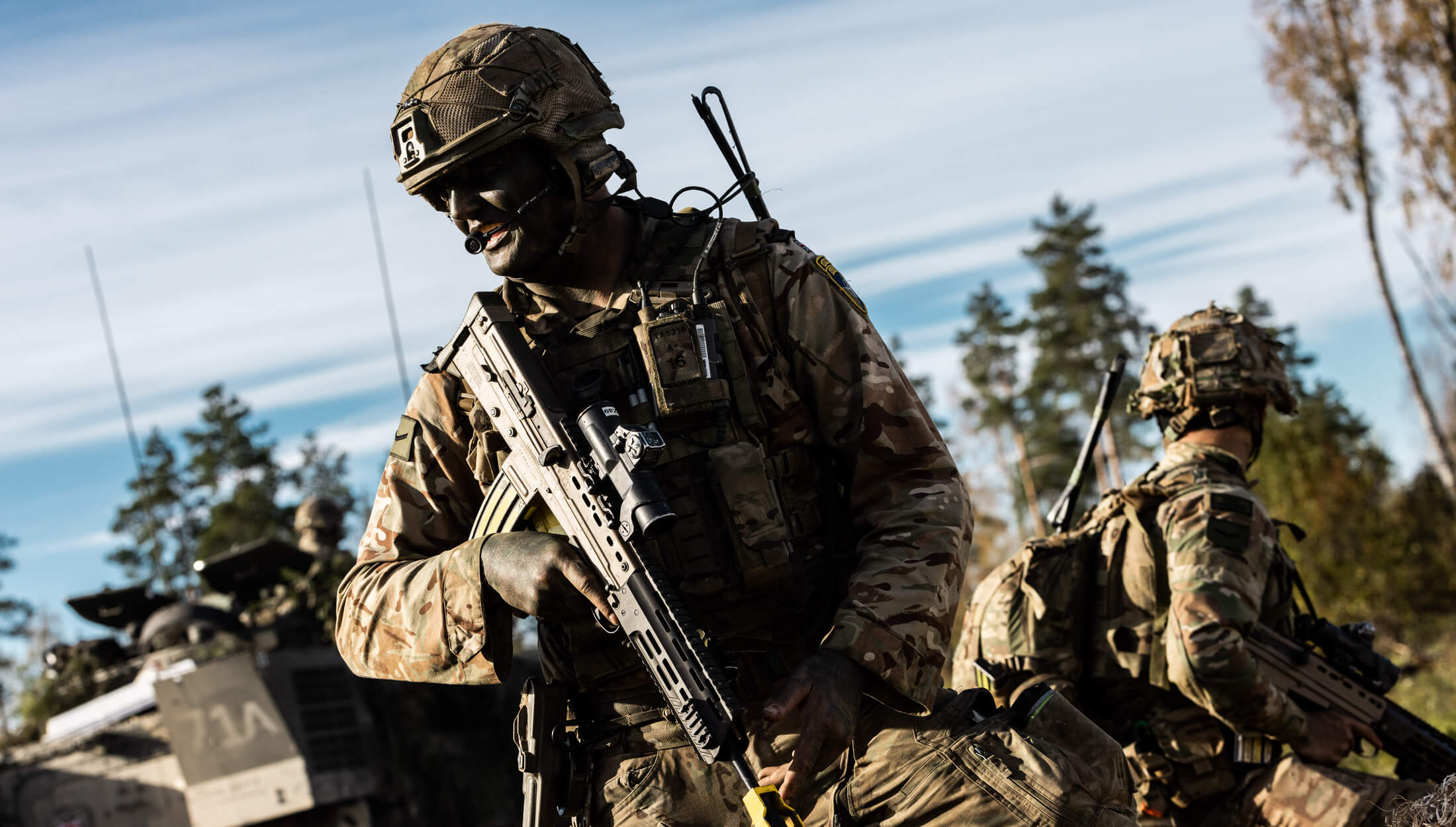When the Alliance's leaders were deciding on Jens Stoltenberg's successor at the top civilian position in NATO, the criteria of a safe choice prevailed—a person who will continue on the beaten track with a formidable ability to navigate to a compromise.
Mark Rutte, the fourth Dutchman to hold the position of NATO Secretary General, places the Netherlands alongside Italy at the top of the list of nations from which the majority of the Alliance's leaders have come, in a position otherwise reserved for Europeans.
The long-time liberal Dutch Prime Minister, with his long-term political career and especially his image as a consensus-maker, takes office at a rather complex historical moment for the Alliance.
However, a strong consensus of 32 member states supports him, anticipating from Rutte's leadership exactly what he can offer—an unquestionable orientation towards strong transatlantic ties, a constant increase in NATO capacity, and the diplomatic skill to ensure consensus for the most important decisions in a turbulent time.
Taking over from Jens Stoltenberg at NATO headquarters in Brussels, Mr Rutte highlighted his three priorities, clearly not in order of importance but in terms of interdependence.
Fear called Trump
The new Secretary General will tackle the third priority on the list, which may be the most complex, in just one month: strengthening partnerships within the alliance, particularly with the European Union and countries around the world with similar values.
Donald Trump's possible election victory on November 5 will mean a return to the nightmare of his previous presidency (2016-2020) for many in the Alliance.
Under Trump, NATO suffered structural blows from its most powerful member, resulting in a series of global security crises. From the Russian invasion of Ukraine to China's aggressive military behaviour in the Pacific region, all these crises stemmed from the assessment that NATO's internal cohesion has weakened to the point of confrontation.
The new NATO Secretary General said that he "would be able to work with both" Trump or Kamala Harris
"A potential second Trump term could prove much more disruptive, with less US aid to Ukraine, more concessions to Russia, and further questioning of the value of NATO," said Oana Lungescu, NATO's long-time head of communications, in an analysis for The Royal United Services Institute (RUSI).
However, the new NATO Secretary General said that he "would be able to work with both" Trump or Kamala Harris, which is precisely one of the important reasons why he gained the trust to come to the new position months ago.
Growth of defence budgets
Apart from his personal diplomatic skills, in the new possible conflict with US isolationism, which Trump brings with him, Mark Rutte will have behind him an important legacy regarding the increasing defence budgets of the Alliance's member states.
On the day Mr Rutte took over as Secretary General, as many as 23 NATO member states met the shared criterion of allocating at least 2% of GDP to defence costs.
When Rutte's predecessor, Jens Stoltenberg, became NATO head 10 years ago, only three members of the Alliance met those criteria. The large increase in defence spending was not a consequence of Trump's insistence on that criterion while he was US president.
 On the day Mr Rutte took over as Secretary General, as many as 23 NATO member states met the shared criterion of allocating at least 2% of GDP to defence costs
On the day Mr Rutte took over as Secretary General, as many as 23 NATO member states met the shared criterion of allocating at least 2% of GDP to defence costs
Tense global circumstances, particularly the Russian invasion of Ukraine, were the primary influencing factor. From February 2022 to June of this year, the number of NATO members that allocate at least 2% of their GDP to defence has tripled.
To the extent that he will be able to leave a personal stamp on the Alliance's policy of supporting Ukraine, Mr Rutte's previous career as the head of the Dutch government guarantees the continuation of strong and growing support for Kyiv.
Rutte was one of the main icebreakers whenever the Alliance found itself hesitant to raise the threshold for arms deliveries to Kyiv. This was particularly evident in his government's determination to deliver F-16s to Ukraine, which set off a wave of similar support among European partners and ultimately led to US approval.
How to coordinate with EU policies?
In this regard, he will also have a personal motive to make a quick success in the first months of his mandate in terms of NATO support for Ukraine, which is one of the three priorities he highlighted upon taking office.
Rutte will be the double host of the annual NATO summit in The Hague in June 2025, which will undoubtedly be another reason for him to approach his partners with a full agenda that includes support for Ukraine as one of its top priorities.
The biggest challenge before the new NATO Secretary General will be to coordinate the security aspects of the European members' policies with their overall policies.
The growing forces of sovereigntists or isolationists across Europe do not go well with NATO-EU coordination
The growing forces of sovereigntists or isolationists across Europe do not go well with NATO-EU coordination, which Mark Rutte will deal with as one of his main tasks.
Defence financing has become one of the most important political battlefields in the series of European elections, especially when confronted with the ever-increasing cost of living and recently high inflation.
Rutte will therefore face a significant challenge in the growing wave of populist policies across Europe, particularly when seeking support for NATO activities outside its zone, such as, for example, in the Far East.